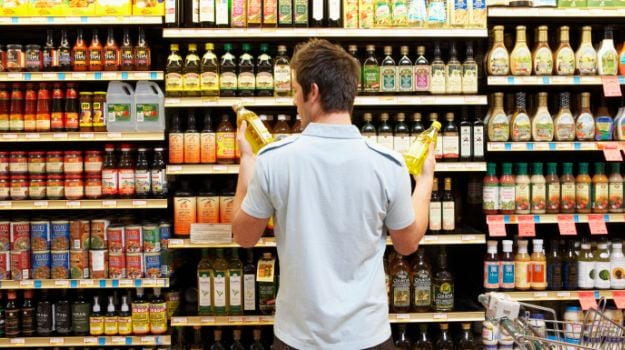The Indian food and beverage sector, which is currently growing at 23 to 24 per cent annually, is likely to touch Rs 3.80 lakh crore by 2017, according to a survey. A FICCI Grant Thornton report says the sector is largely dominated by the unorganised segment that would decline significantly in the next four to five years. It added that the big brands still have a good opportunity to expand in the sector, although despite loosing the ground in five years, unorganised sector would control 60 per cent of the market."Brand and chains of both Indian and MNC brands are still less penetrated and there exits a large opportunity in this space to create bigger restaurant chains," said the report. Presently, the F&B (food and beverage) market is worth Rs 2.04 lakh crore, said the report titled "Unlocking the potential in the food and beverage services sector". Meanwhile, it also said that lack of quality infrastructure and shortage of adequate skilled manpower are hampering the growth of sector here. F&B sector is crippled with other issues as high real estate costs, licenses and multiples taxes, the report further said.It also suggested that government's initiatives to simplify the licensing process and creating good infrastructure, develop skilled manpower would help in growth of the sector. "The government recognises the F&B sector's potential for growth and job creation. Hence, it has been identified as a priority sector in the National Manufacturing Policy and is also amongst the top 25 priority sectors, which are being promoted across the globe to attract investments," said Department of Industrial Policy & Promotion Joint Secretary Atul Chaturvedi.
He further added that F&B has emerged as one of the sectors, which receives highest FDIs. "Hence, the government is running awareness campaigns through digital and social platforms to attract both domestic and global investments." According to Grant Thornton India Partner Vinamra Shastri: "The Government has been of late focused on developing the food processing infrastructure through the promotion of cold chains and integrated food parks by subsidising the capital cost."This will not only ensure the right infrastructure availability to setup processing units to provide quality inputs to the restaurant sector, but also provide a big boost to the availability of processed foods, he added.








